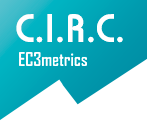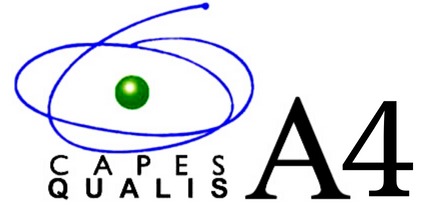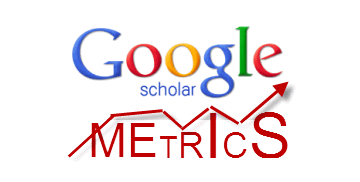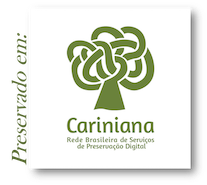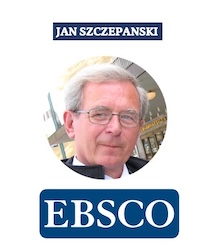Chamada de artigos para o Dossiê "História e literatura: limites e aberturas para o pensamento historiográfico"
Dossier: History and literature: limits and openings for historiographical thinking
This dossier aims to bring together research that brings the field of History closer to the field of Literature. Luiz Costa Lima (2021) understands that it is impossible to dissociate contemporary practice from theoretical reflection on History, which is emancipated from other reflexive modalities, from the Theory of Literature. Since the recognition of theoretical immediacy is based on the principle of scrutiny and critical questioning of the historian's actions and instruments, one cannot escape a profound questioning about the vector of realization of historiographical discourse, that is, language. Thinking I, History asserts itself as a science of men in time, and why not, in space, it remains a valid paradigm. It is not unquestionably questioned that history is a science, but its behavior is not like the ideal of the scientia that are based on strict conceptuality. History uses language as its vector of achievement. So that questioning the writing of history is also questioning our ability to use rhetorical and tropological elements of language (White, Hayden: 2012) without incurring in literature, even if its form is convergent, without being confused with historiography . The problem becomes even more complex when literature is taken as its object, since the writing of history needs to unfold literature and it is not tied to one sense only, that is, the apprehension of verisimilitude is a given, but the difference is what really matters to the historian's discourse. On the one hand, verisimilitude can allow us to contextualize the work, but the difference, the alterity contained in literature is what allows us to rediscover aspects of time and history that were buried by elements of pure barbarism. In this sense, taking into account this theoretical contribution, we have that this dossier aims to bring together researchers who are dedicated to the theme of literature, because, as these objects are aloof from objectivities, they renew the methodical, theoretical and historiographical possibilities of thinking about literature based on its historical existence.









